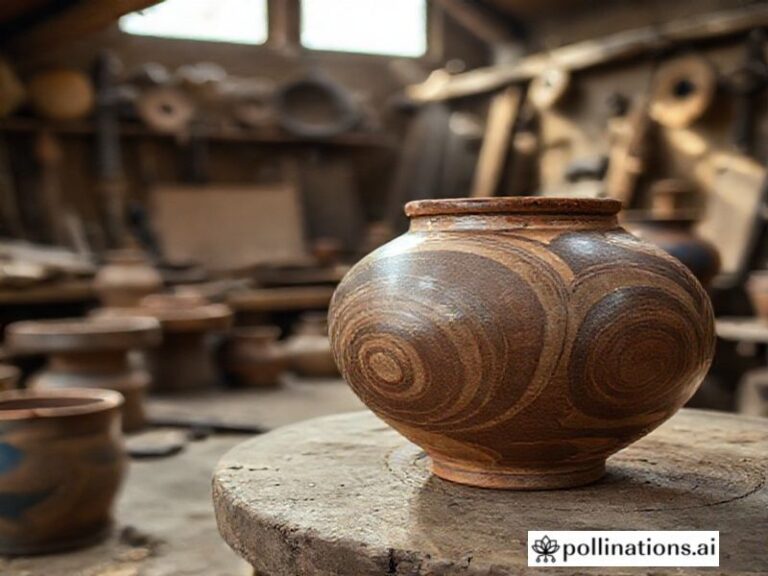Simply Divine Strands: How a Genetically Tweaked Yeast Thread Became the New Silk Road Rope-A-Dope
From Manila’s fluorescent-lit call centers to the frost-bitten permafrost labs of Svalbard, one unlikely object now unites humanity: a 0.1-millimeter-thick strand of synthetic spider silk so light it flutters like divine breath yet strong enough to moor a container ship. Marketed under the optimistic brand name “Simply Divine Strands,” the filament is the latest darling of venture capitalists who’ve apparently decided that curing cancer is passé and that what the world really needs is a biodegradable lasso for our sins.
The pitch is deliciously millennial: a guilt-free, cruelty-free replacement for everything from fishing nets to surgical sutures. Produced by genetically tweaked yeast in fermentation tanks the size of suburban swimming pools, the silk promises to erase the carbon footprint of nylon while letting consumers feel morally superior for the low, low price of $47 per meter. In a planet where microplastics now outnumber fish fantasies, that’s practically a bargain—at least according to the slide deck freshly e-mailed from a Cayman Islands mailbox.
Global uptake has been swift and predictably bizarre. Japanese bullet-train engineers weave the strands into seat upholstery, claiming it reduces passenger anxiety by 3.7 percent—an improvement roughly equivalent to handing commuters a damp towelette and telling them it’s aromatherapy. Meanwhile, Swiss bankers have taken to gifting spools of the stuff as corporate swag, neatly tying off their ledgers with literal threads of spider aesthetics. Nothing says fiduciary responsibility like a noose you can compost.
In the Global South, where cynicism is a survival skill, the strands arrive with less fanfare and more paperwork. Lagos customs officers confiscate reels labeled “samples,” then auction them to local tailors who stitch knock-off handbags strong enough to tow keke-marwa tricycles out of potholes. In Delhi’s Chandni Chowk, street vendors sell bootleg Divine bracelets blessed by a freelance sadhu who swears the silk aligns your chakras with your Equifax score. Supply-chain purists clutch their pearls; the rest of us just update our corruption bingo cards.
International implications? Oh, they’re delightfully apocalyptic. The U.S. Department of Defense has classified the fiber as a dual-use technology, meaning any country caught importing more than 500 grams risks a drone strike disguised as a trade seminar. China, never one to miss a chance at existential overkill, recently announced a five-year plan to knit the strands into a space elevator—because if you’re going to escape Earth’s gravity, you might as well do it with style and a touch of hubris that would make Icarus blush.
Environmentalists are split into the usual camps: the optimists who hail the filament as the final nail in polyester’s tacky coffin, and the pessimists who point out that every yeast vat requires sugar, and every sugar plantation requires land, and every land grab requires someone’s ancestral forest to go up in smoke. The strands may be biodegradable, but the geopolitics wrapped around them are decidedly not.
And yet, amid the grandstanding and greenwashing, a quieter story unfolds. In a refugee camp outside Gaziantep, Syrian mothers braid Divine Strands into makeshift shoelaces for kids who’ve outgrown everything except hope. The strands last longer than the tents, longer than the news cycle, longer than the promises of NGOs whose logos fade faster than cheap dye. If irony had a tensile strength, it would measure somewhere just shy of divine.
So here we are: a planet lurching from crisis to crisis, pinning its collective future on a glorified cobweb spun by yeast with delusions of grandeur. Whether the strands save us or simply entangle us further is still up for debate. But one thing is certain—when the last polar bear floats by on a raft of discarded water bottles, at least it will be roped together with something certified compostable. Simply divine, indeed.







